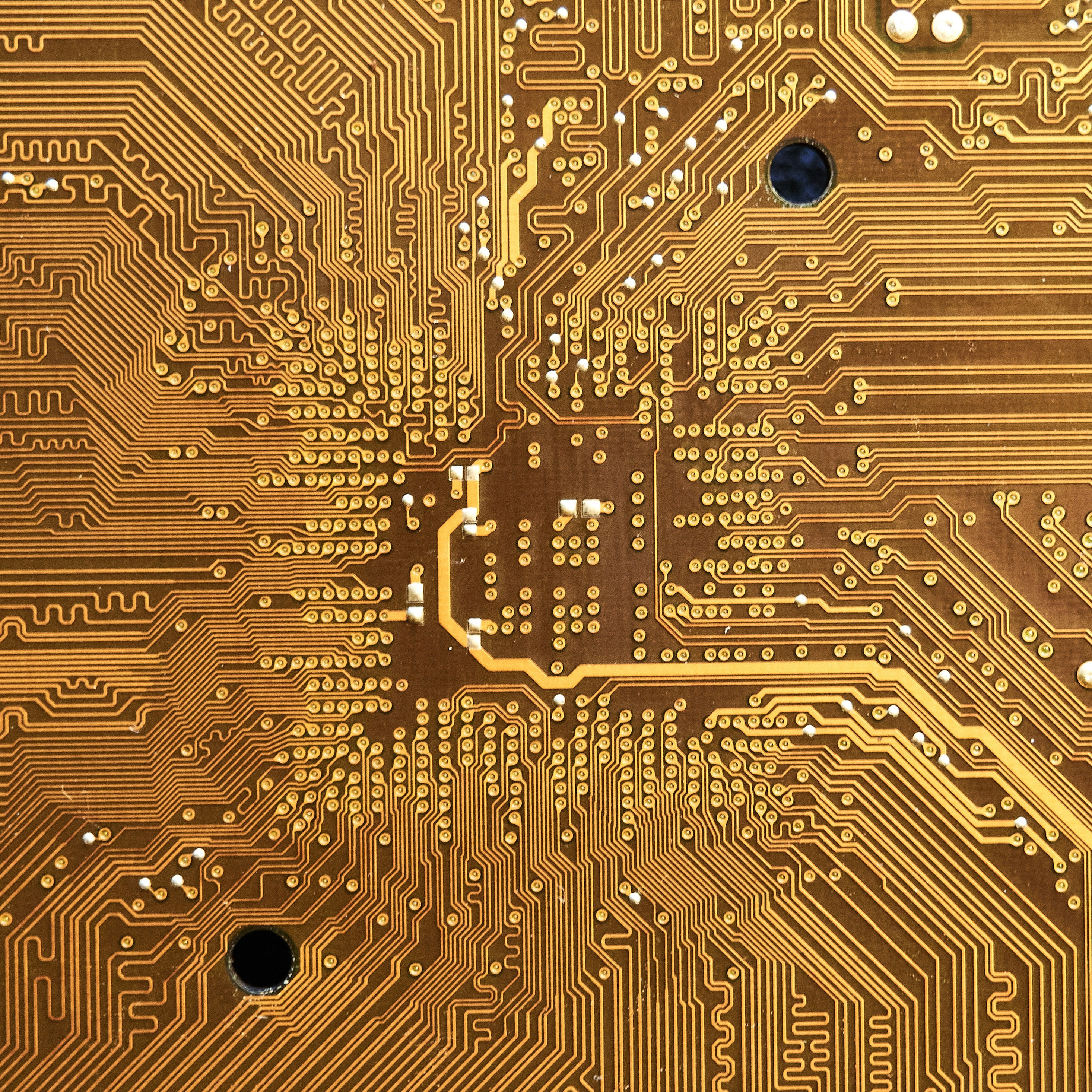Humanity’s been waiting for the next bus of progress to show up ever since the Wright brothers took us into the skies. Once we left the ground, the world shrank; distance stopped being a barrier. And just like any long-awaited bus, it turns out we weren’t waiting for one—we’re about to be hit by two, and they might just fuse into some monstrous, roaring super-bus that speeds us into a future most of us aren’t entirely ready for.
The first bus? Artificial Intelligence. You’ve heard of it. It’s already gently tapping us on the shoulder at work, occasionally shoving us off our chairs, and in some cases quietly re-writing the job description altogether. AI is no longer the assistant; it’s fast becoming the main act.
The second bus, though, is the one fewer people see coming. Quantum Computing. And trust me, this one doesn’t just arrive quietly, it may well detonate our entire understanding of computation, problem-solving, and frankly, what’s possible. Most people don’t realise we’re on the cusp of something bigger than the jump from candlelight to electricity.
Let’s break it down.
The Quantum Difference: Why This Matters
Bits vs Qubits
Traditional computers think in bits, zeros or ones, binary decisions, like a light switch. Quantum computers think in Qubits, which can be zero and one at the same time. This mind-bending trick, called superposition, allows QCs to process ridiculous amounts of information at once. It’s like reading every book in a library simultaneously instead of one at a time.
Entanglement
This one’s where things get weird in the best possible way. Entangled Qubits are linked such that the state of one affects the other, even if they’re light-years apart. Einstein called it “spooky action at a distance,” and if that’s not a glowing endorsement of cool, I don’t know what is.
Interference
QCs don’t just explore every possibility, they amplify the right ones and cancel out the wrong ones. Think of it as sending a thousand rats into a maze, but only the ones heading toward the cheese get a map and protein shake. It’s efficiency, but quantum-style.
Real-World Impact: What Could This Actually Do?
Imagine being able to simulate molecules to create drugs faster, cheaper, and more effectively than ever. Or designing new materials for batteries, energy systems, and everyday tech in months rather than years.
Logistics, investment optimisation, air traffic control, QC thrives in spaces where “finding the best outcome from a million options” is the goal. Even our encryption systems, the locks on our digital doors, will be reinvented. QC can smash today’s cryptography like a sledgehammer through wet cardboard, but it also brings with it the promise of virtually unbreakable quantum-safe encryption.
Of course, it’s not all magic. Quantum Computing still has some homework to do. Qubits are sensitive little things, prone to errors and in need of freezing temperatures that make Antarctica feel like a tanning bed. The tech isn’t fully mature yet, and we need better materials, better error correction, and frankly, better programmers fluent in this strange new dialect of code.
When AI Meets Quantum: The Great Fusion
Now picture AI and QC working together. That’s where it starts to get cosmic.
AI could use QC to accelerate its own learning, building models and running simulations that are currently too complex or time-consuming. In turn, QC could rely on AI to navigate the vast oceans of possibility more intelligently.
We’d be staring at a future where problems that would take humans a thousand years to solve get cracked over coffee. Not all of this is theoretical, labs and tech giants are already experimenting with this hybrid future.
But What Happens to Us?
Here’s the part where the techno-utopia takes a slightly darker turn.
Remember when we used to memorise phone numbers? It wasn’t just practical, it exercised our brains. Now? Most of us can’t recall a single contact without checking our phones. And if AI and QC begin doing all the hard thinking for us, what happens to the muscles in our minds? What becomes of struggle, of problem-solving, of personal growth?
There’s joy in overcoming difficulty. There’s meaning in striving. But if everything uncomfortable, tedious, or risky is handled for us, do we become happier… or just a bit hollow?
And then there’s the question no one really wants to answer: what happens when companies like Amazon or governments with limitless surveillance appetites get their hands on this combo? Imagine giving a godlike ability to forecast, simulate, and optimise to the people who already track what socks you searched for last week.
A Modern Divide?
There was a time when most people couldn’t read. They depended on priests and scribes to tell them what mattered. Eventually, literacy spread, and knowledge became a birthright rather than a privilege.
Now, with AI and QC, we face a similar moment of divergence. Will these technologies bring enlightenment to the masses or deepen the chasm between the empowered and the disempowered? Will we become partners in progress, or mere observers?
We’re standing on the cliff edge, squinting into a future that could liberate or dominate us. The wheels are already turning.
The only question left is: who’s driving the bus?
